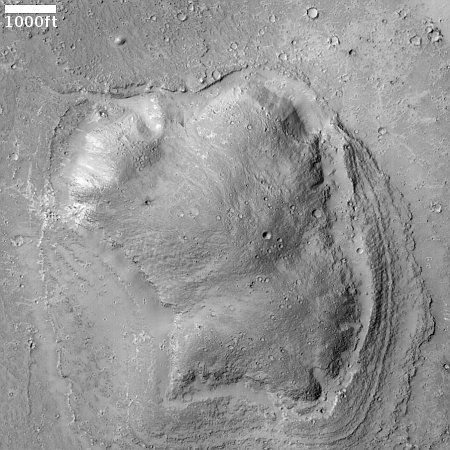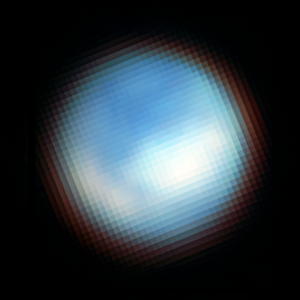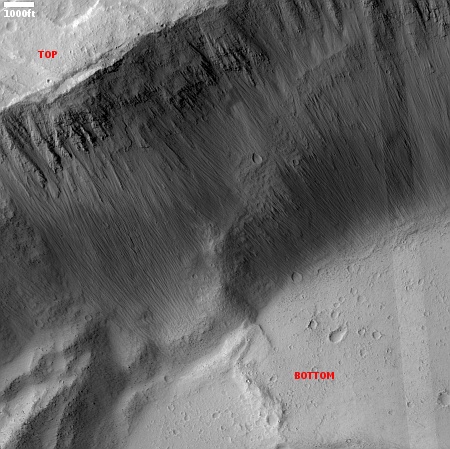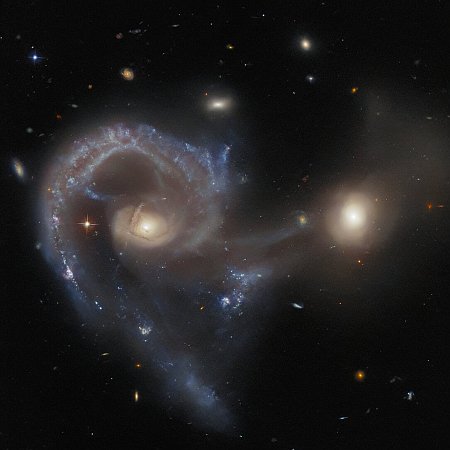Sierra Space raises another $290 million in private investment capital
Sierra Space today announced that during its most recent funding round it successfully raised another $290 million in private investment capital, bringing the total capital it has raised to $1.7 billion.
The round is co-led by Japan’s largest bank, MUFG, Kanematsu Corporation, a Japanese trading company and Tokio Marine & Nichido Fire Insurance, Japan’s largest property and casualty insurance group with participation from Sierra Space’s existing investors. The companies are already participating in a JAXA (Japanese Aerospace Exploration Agency) study to explore how to conduct activities in LEO as the ISS approaches the end of service.
These Japanese partnerships act to strengthen Sierra’s already strong links to Japan, including ongoing negotiations to land its Dream Chaser reusable mini-shuttes at Oita Airport, as well as partnership deals with Kanematsu, Japan Airlines and Mitsubishi.
This successful fund-raising round suggests strongly that the company’s plans to finally have its first Dream Chaser cargo shuttle, Tenacity, ready to fly in December might actually happen. Or at least, that plan acted to convince these investors to pony up some cash.
Hat tip to Jay, BtB’s stringer.
Sierra Space today announced that during its most recent funding round it successfully raised another $290 million in private investment capital, bringing the total capital it has raised to $1.7 billion.
The round is co-led by Japan’s largest bank, MUFG, Kanematsu Corporation, a Japanese trading company and Tokio Marine & Nichido Fire Insurance, Japan’s largest property and casualty insurance group with participation from Sierra Space’s existing investors. The companies are already participating in a JAXA (Japanese Aerospace Exploration Agency) study to explore how to conduct activities in LEO as the ISS approaches the end of service.
These Japanese partnerships act to strengthen Sierra’s already strong links to Japan, including ongoing negotiations to land its Dream Chaser reusable mini-shuttes at Oita Airport, as well as partnership deals with Kanematsu, Japan Airlines and Mitsubishi.
This successful fund-raising round suggests strongly that the company’s plans to finally have its first Dream Chaser cargo shuttle, Tenacity, ready to fly in December might actually happen. Or at least, that plan acted to convince these investors to pony up some cash.
Hat tip to Jay, BtB’s stringer.












